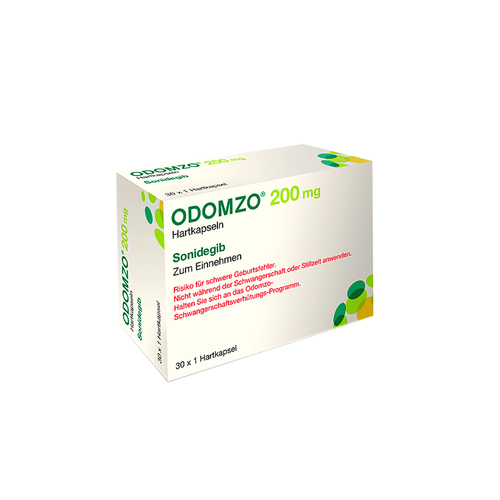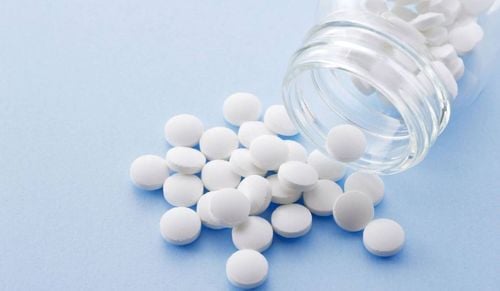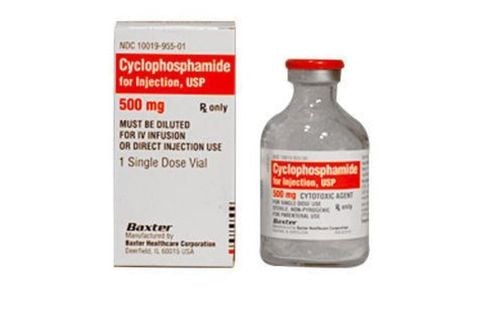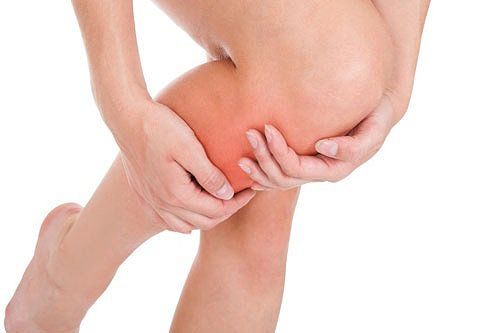This is an automatically translated article.
The article was consulted with Dr. To Kim Sang - Oncology Center, Vinmec Central Park International General Hospital.Currently, chemotherapy is one of the effective cancer treatments. This method has the ability to eliminate and prevent cancer cells in the body, helping patients improve quality of life and prolong life. However, chemotherapy can affect the whole body after it is treated.
1. What is chemotherapy?
Cancer patients may seek a variety of treatment options, including systemic therapy (chemotherapy, targeted therapy or immunotherapy, etc.), radiation therapy, and surgery. . As for chemotherapy, this is a method that helps kill cancer cells by using one or more anticancer drugs. This therapy can be used in combination with other cancer treatments to achieve the best results. Chemotherapy has the potential to help patients cure or reduce cancer, improve quality of life and prolong life.In chemotherapy, anti-cancer drugs are used that have the ability to destroy malignant cells that are growing and dividing rapidly in the patient's body. However, due to the limitation of this therapy is the simultaneous effect on both cancer cells and healthy cells throughout the body, so it can bring many unwanted side effects to the patient. .
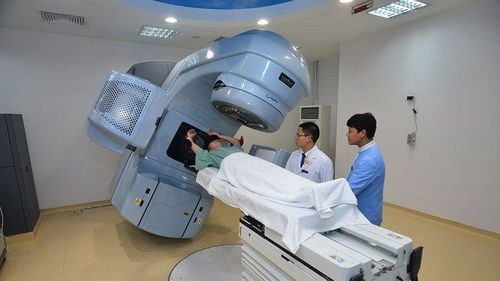
2. Main effects of chemotherapy in cancer treatment
Depending on the type and stage of cancer for each patient, chemotherapy will have different effects. Specifically:Treatment of cancer (rarely): In certain cases, chemotherapy treatment can completely destroy cancer-causing cells in the body. In particular, it has the ability to prevent cancer from coming back. Cancer control: Another prominent effect of chemotherapy is its ability to prevent cancer from spreading to other parts of the body and inhibit the growth and growth of malignant tumors. Alleviate symptoms: For severe cancer cases where chemotherapy cannot cure or control the spread of cancer, this method will work to shrink the tumor causing pain or pressure. nearby organs in the body. Malignant tumors may continue to grow again after chemotherapy treatment.
Trắc nghiệm: Thử hiểu biết của bạn về bệnh ung thư
Ung thư là nguyên nhân gây tử vong hàng thứ 2 trên thế giới. Thử sức cùng bài trắc nghiệm sau đây sẽ giúp bạn có thêm kiến thức về yếu tố nguy cơ cũng như cách phòng ngừa bệnh ung thư.
Bài dịch từ: webmd.com
3. How is chemotherapy given to treat cancer?
Usually, chemotherapy in cancer treatment can be given in many different forms, the most common are the following 2 forms:Oral; Intravenous injection or infusion. There are also a number of other ways to deliver chemotherapy into the patient's body, including:
Giving chemotherapy directly to the tumor: This technique will be performed based on the location of the tumor. Topical Treatment: Apply directly under the skin to treat some skin cancers.
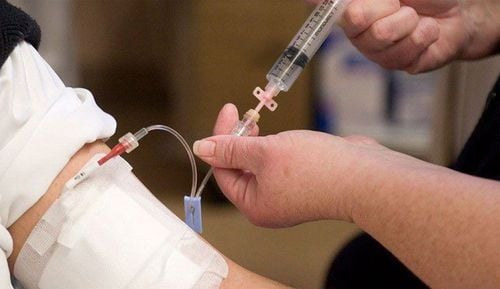
4. How does chemotherapy affect the body?
Chemotherapy is a systemic treatment that can affect a patient's entire body. The biggest advantage of this method is that it can attack and eliminate cancer cells, but it brings many unwanted side effects and has adverse effects on health and quality of life. of the patient.Anti-cancer drugs when introduced into the body, they will work strongly to destroy disease-causing cells, but they can also affect other healthy cells throughout the body. . This leads to side effects ranging from mild to severe. Side effects will be different for each patient (based on physical condition, age and type of chemical used). After being treated for cancer with chemotherapy, most side effects go away quickly, with only a few cases persisting and not going away.
Here are some of the main effects of cancer chemotherapy on the patient's body, including:
4.1. Effects on the circulatory and immune systems Using chemotherapy to treat cancer can greatly affect the body's circulatory system. Medications that are taken into the body can damage bone marrow cells, causing anemia due to insufficient red blood cells to carry oxygen. This leads to conditions such as fatigue, weakness, pale skin, difficulty concentrating on things or difficulty thinking about a problem.
Besides, chemotherapy also weakens the body's immune system. When treated with chemotherapy, it causes white blood cells to be reduced. White blood cells are an extremely important player in the immune system, they are responsible for preventing disease and fighting infections. When the number of white blood cells is reduced, the immune system is also weakened and makes the body more susceptible to diseases and infections caused by bacteria. In addition, chemotherapy can also lower your platelet count, making you more likely to bleed or bruise. Some symptoms may include vomiting with blood, blood in the stools, menstrual periods that are longer than usual, or nosebleeds.
Moreover, some chemicals in cancer treatment can also cause serious damage to the heart, such as causing cardiomyopathy, arrhythmia, angina.
4.2. Effects on the nervous system and muscles In the human body, the central nervous system is the most important organ, helping to perceive, think, control emotions and actions. Patients undergoing chemotherapy for cancer may experience memory problems, such as cognitive decline, difficulty thinking, inability to concentrate, being easily stressed, and anxiety. worried.
In addition, some chemicals in treatment can also adversely affect the muscles, causing symptoms of tremor, numbness, paralysis, pain, weakness or itching in the hands and feet.
4.3. Effects on the digestive system Chemotherapy can cause the following effects on the digestive system:
Sore throat, dry mouth making it difficult to chew and swallow, making the patient more susceptible to bleeding or infection; Tongue appears white or yellow, mouth has a metallic taste; Nausea, vomiting; Diarrhea, constipation, fullness or distension in the abdomen; Eating without appetite, loss of appetite, feeling full even though not eating much. 4.4. Effects on hair and hair During the first weeks of chemotherapy, the chemicals that are introduced into the body affect the hair and hair follicles, causing hair loss and hair loss. However, this condition only lasts for a short period of time and can grow back on its own about 1-2 months after finishing chemotherapy. In rare cases, such as after years of intense chemotherapy, your hair follicles can stop working, preventing hair from growing back, leading to a higher risk of permanent baldness.
4.5. Effects on fertility Chemicals used to treat cancer can cause hormone changes in both men and women.
For women, it can cause conditions such as vaginal dryness, irregular periods, pain during sex, and vaginal infections. In particular, cancer patients should also not become pregnant while undergoing treatment, because chemotherapy can damage eggs or ovaries, making it difficult to have children or give birth to children with birth defects.
In men, chemotherapy adversely affects sperm health, possibly causing temporary or permanent infertility.
Some other effects of chemotherapy on the patient's health:
Causes dry skin, itching or rash; Sensitive to the sun, prone to sunburn; Change in color of fingernails and legs: Turning brown or yellow; Fingernails or legs that are easily broken, slow to grow; Osteoporosis caused by decreased calcium levels, which puts a high risk of fractures or fractures; prone to weight loss or weight gain (for example, some breast cancer drugs can cause you to lose muscle and gain fat); Frequent attacks of fatigue, feeling lethargic even with adequate rest; Change of temperament.
5. Measures to help limit the side effects caused by cancer chemotherapy
To limit the unwanted side effects of chemotherapy, cancer patients should note the following:Always keep a comfortable mind to "win" the disease. Because discouragement and excessive anxiety only make the body exhausted, making the health condition worse than before; Build a healthy diet. You need to replenish your energy during the course of treatment. You should choose energy-rich foods such as whole grains, fruits and vegetables; Limit foods high in saturated fat and salt. In addition, should actively drink a lot of water, fruit juices during chemotherapy to avoid dehydration; Exercise regularly to improve fitness. You should refer to gentle, moderate-intensity exercises for cancer patients. This not only helps strengthen the body's immune system but also limits stress and anxiety during cancer treatment. Vinmec International General Hospital is one of the hospitals that not only ensures professional quality with a team of leading doctors, modern equipment and technology, but also stands out for its examination and consulting services. and comprehensive, professional medical treatment; civilized, polite, safe and sterile medical examination and treatment space.
>> See more: Ingredients and uses of functional foods Fucoidan - Article by Pharmacist Nguyen Thi Thanh Hoa - Pharmacist Pharmacy - Vinmec Times City International General Hospital
Please dial HOTLINE for more information or register for an appointment HERE. Download MyVinmec app to make appointments faster and to manage your bookings easily.
Articles refer to sources: webmd.com, cancer.net, nhs.uk, webmd.com





